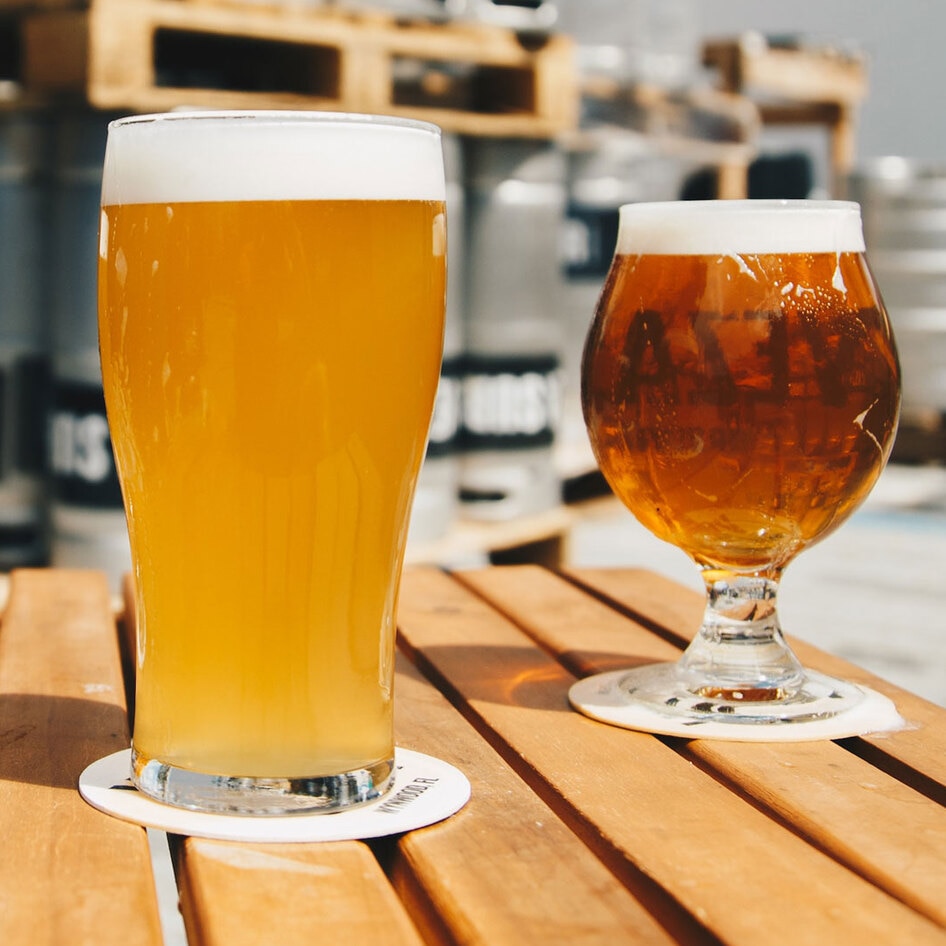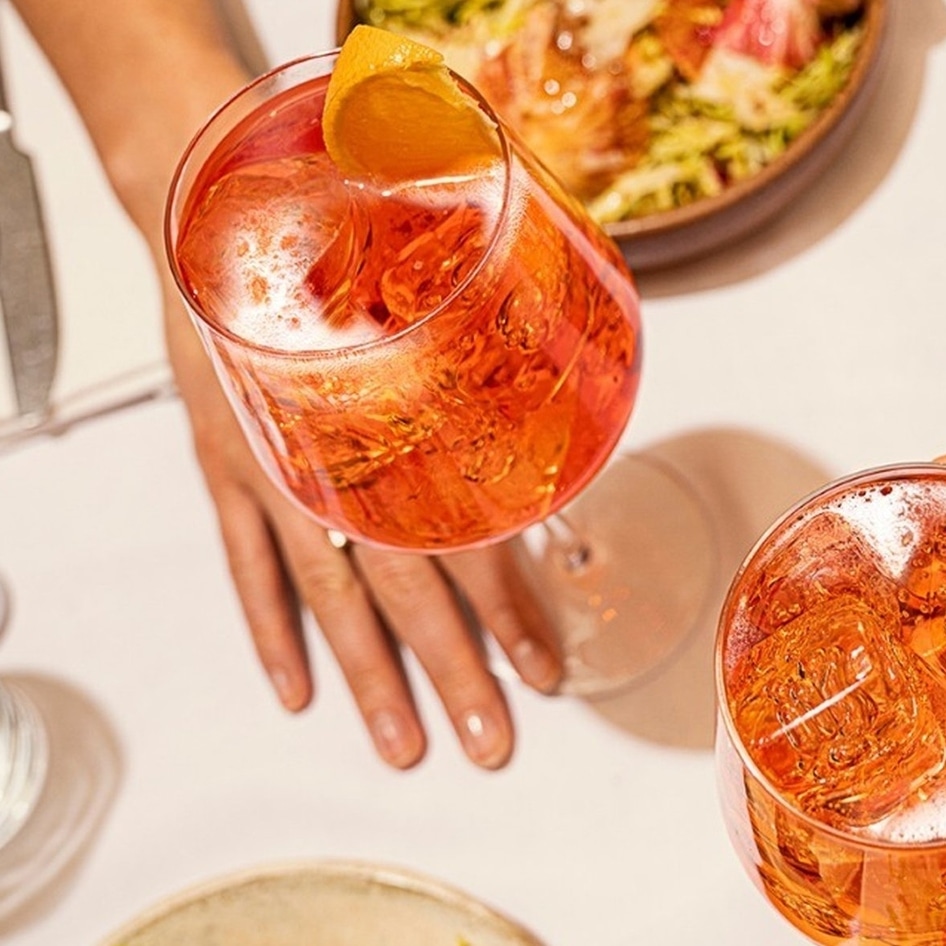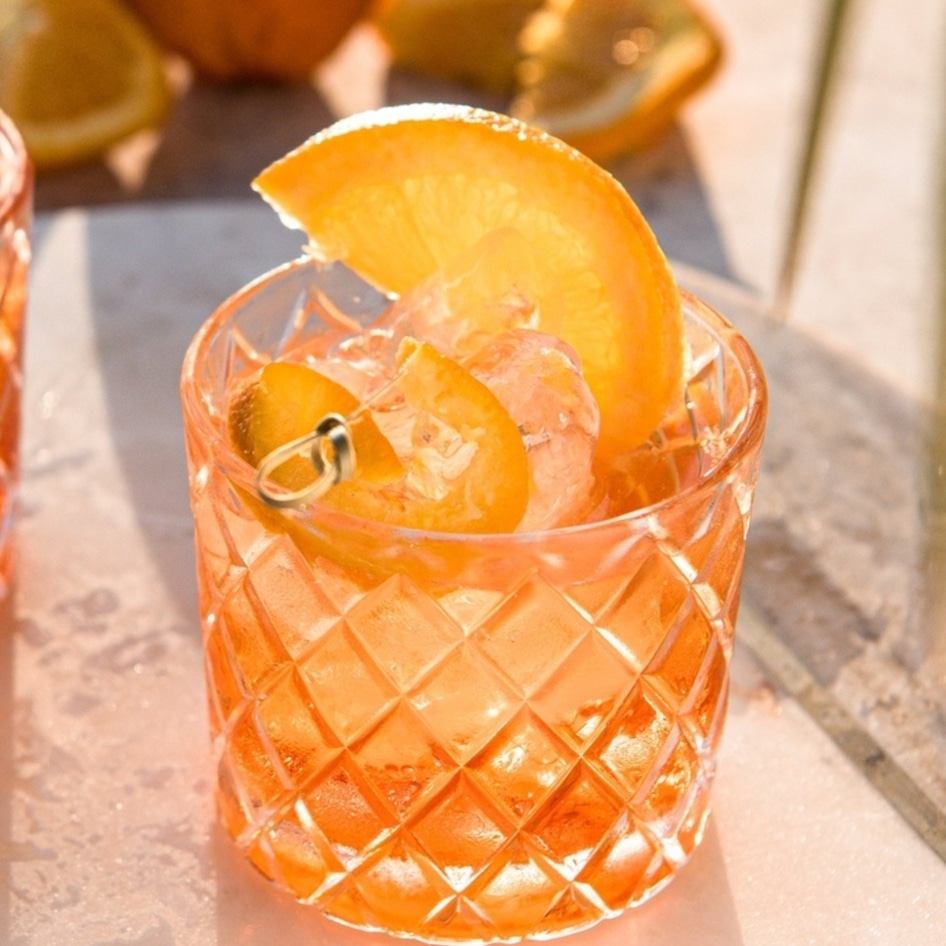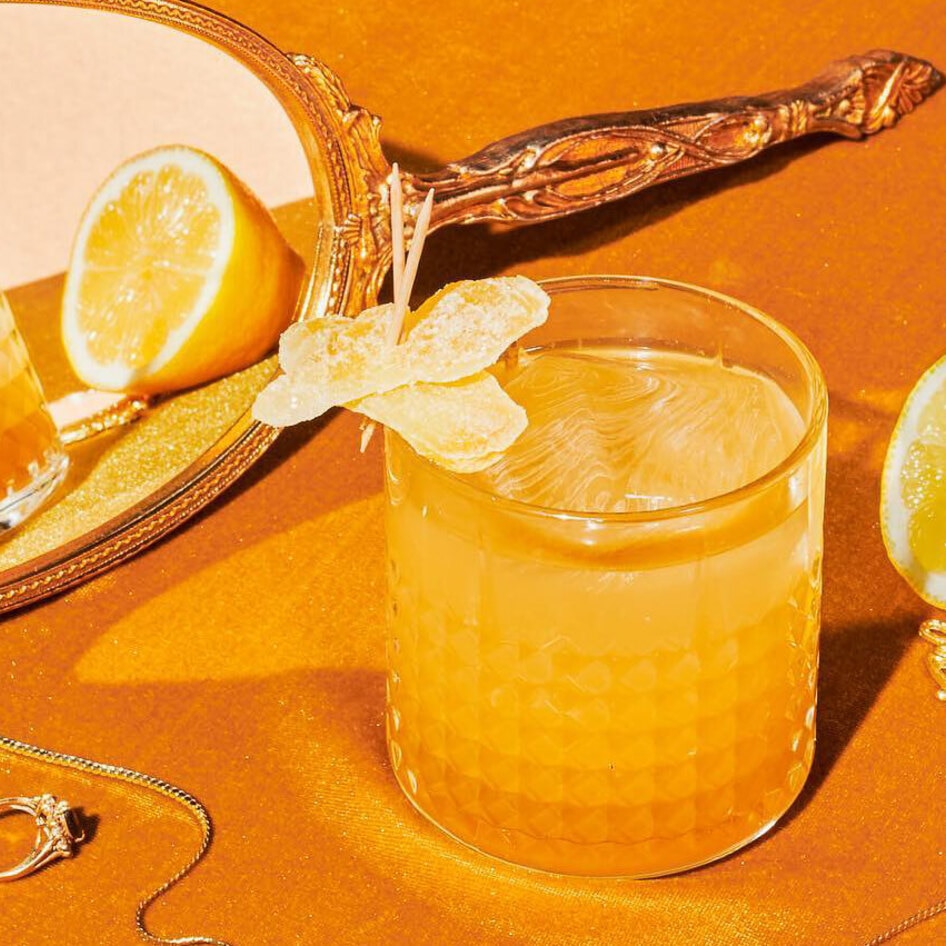Vegan Beer on the Rise in Britain
British breweries are moving away from fish filtration production systems.
September 18, 2016
BBC News reported last week that as more people in England learn about the non-vegan production practiced in some beer-making, there is an increase in demand for vegan beer. Breweries often use isinglass—a gelatin-like byproduct of fish bladders—as a way to filter beer so that it may appear clearer and brighter. The process, referred to as flocculation, mixes the gelatin-like substance with yeast and latches onto impurities near the end of fermentation, causing both to drop to the bottom of the fermentor but often leaving trace amounts of isinglass in the beer. Efforts to veganize the process have been gaining momentum in recent years, thanks to pressure from organizations such as UK-based Campaign for Real Ale (CAMRA). Last year, Guinness announced it would no longer use filtration systems involving fish bladder, and instead would introduce a “state-of-the-art filtration system” that does not rely on animal exploitation at its Dublin brewery at the end of 2016. Other breweries are turning away from isinglass as well, either using alternative fining agents such as algae Irish moss or seaweed, or steering clear of the filtration process altogether. Check out VegNews Vegan Guide to Beer for a complete listing of vegan beer.
JUMP TO ... Latest News | Recipes | Guides | Health | Subscribe







